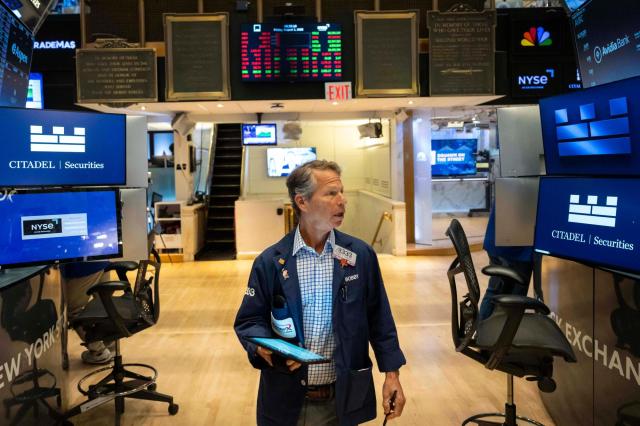While retail giants scramble to survive, savvy shoppers are flipping the script. Discover how price manipulation tactics waste your money—and the strategic shifts that transform shopping from retail therapy to wealth building.

The Real Cost of Retail Therapy: A No-Nonsense Guide to Shopping Smarter
Let's get real about shopping for a minute. While the retail giants are busy playing musical chairs with their CEOs and scrambling to keep their profits up, we're all trying to figure out how to keep our wallets from getting lighter. But here's the thing – this shifting retail landscape? It's actually giving savvy shoppers more power than ever.
Look, I've spent years watching people throw money at "deals" that aren't really deals at all. You know the type – those "exclusive" sales that somehow happen every other week, or those "limited time offers" that never seem to actually end. It's like watching someone fall for the same magic trick over and over again. But not you. Not anymore.
The New Shopping Reality
Here's what's fascinating: while luxury stores are sweating bullets, places like TJ Maxx are laughing all the way to the bank. Why? Because people are finally waking up to something I've been preaching for years – value matters more than labels. And retailers? They're starting to squirm.
Think about it. That $50 shirt marked down to $30 isn't saving you $20 – it's still costing you $30. I can't tell you how many closets I've seen stuffed with "bargains" that never see the light of day. That's not saving money; that's just spending money with extra steps.
The Psychology Game
Ever wonder why stores arrange things the way they do? Those end-cap displays, the strategic placement of "sale" signs, even the music they play – it's all designed to make you reach for your wallet. They're playing chess while most shoppers are playing checkers.
But here's where it gets interesting. The most successful shoppers I know? They're not the ones with the biggest coupon binders or the most store apps. They're the ones who've mastered the art of walking away. They know their prices (yes, actual regular prices, not the inflated "original" prices stores love to show), and they stick to their guns.
Smart Shopping in Practice
Listen, I'm not here to tell you to never shop again or to start darning your socks (unless you're into that). This is about shopping smarter, not harder. Take off-price stores like TJ Maxx, for example. Sure, they can be goldmines, but only if you know what you're doing. That designer bag might be marked down from $300 to $150, but if you never needed a $300 bag in the first place, you haven't saved anything.
The Digital Game-Changer
Technology has changed how we shop, but it hasn't changed the basics of smart spending. Those price-tracking apps? They're great – when you use them right. But I've seen too many people get notifications about a "great deal" and jump on it without asking themselves if they actually need the item.
Here's a reality check: that forgotten streaming service you haven't watched in three months? It's not just $15 a month – it's $180 a year you could be putting toward something that actually matters to you. When was the last time you checked your subscriptions? Go ahead, I'll wait.
Seasonal Smarts
Look, retail follows patterns as predictable as the seasons. Winter coats are cheapest in January (shocking, I know), and those back-to-school supplies? Wait until September if you can. But here's the trick – don't buy something just because it's on sale. Buy it because you need it, and the sale is just a bonus.
Building Your Strategy
Smart shopping isn't about extreme measures or living like you're preparing for the apocalypse. It's about making intentional choices that align with your actual life and goals. Create a realistic spending plan that includes some wiggle room for fun – because let's face it, none of us is going to stick to a budget that feels like financial prison.
The Future of Shopping Smart
As the retail world keeps shifting (and trust me, it will), the principles of smart shopping stay pretty much the same. Stay informed, but don't let every retail "crisis" or "amazing deal" sway you. Sometimes the smartest purchase is the one you walk away from.
Remember this: Every dollar you spend is a vote for what stays on the market. So vote wisely. Make your purchases count. And maybe, just maybe, those retail therapy sessions can turn into something a little more strategic – and a lot more satisfying for your wallet.